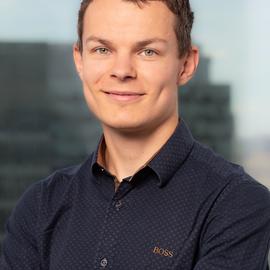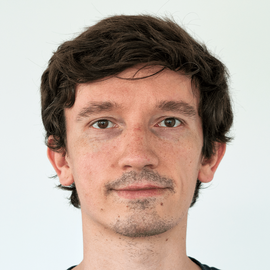Abstract
Identifying latent representations or causal structures is important for good generalization and downstream task performance. However, both fields have been developed rather independently. We observe that several methods in both representation and causal structure learning rely on the same data-generating process (DGP), namely, exchangeable but not i.i.d. (independent and identically distributed) data. We provide a unified framework, termed Identifiable Exchangeable Mechanisms (IEM), for representation and structure learning under the lens of exchangeability. IEM provides new insights that let us relax the necessary conditions for causal structure identification in exchangeable non–i.i.d. data. We also demonstrate the existence of a duality condition in identifiable representation learning, leading to new identifiability results. We hope this work will pave the way for further research in causal representation learning.

PhD candidate
I am a final-year Ph.D. student supervised by Wieland Brendel, Ferenc Huszár, Matthias Bethge, and Bernhard Schölkopf. I am part of the ELLIS and IMPRS-IS programs. I have also spent time at the Vector Institute and at the University of Cambridge.

Principal Investigator (PI)
Wieland Brendel received his Diploma in physics from the University of Regensburg (2010) and his Ph.D. in computational neuroscience from the École normale supérieure in Paris (2014). He joined the University of Tübingen as a postdoctoral researcher in the group of Matthias Bethge, became a Principal Investigator and Team Lead in the Tübingen AI Center (2018) and an Emmy Noether Group Leader for Robust Machine Learning (2020). In May 2022, Wieland joined the Max-Planck Institute for Intelligent Systems as an independent Group Leader and is now a Hector-endowed Fellow at the ELLIS Institute Tübingen (since September 2023). He received the 2023 German Pattern Recognition Award for his substantial contributions on robust, generalisable and interpretable machine vision. Aside of his research, Wieland co-founded a nationwide school competition (bw-ki.de) and a machine learning startup focused on visual quality control.